Speakers
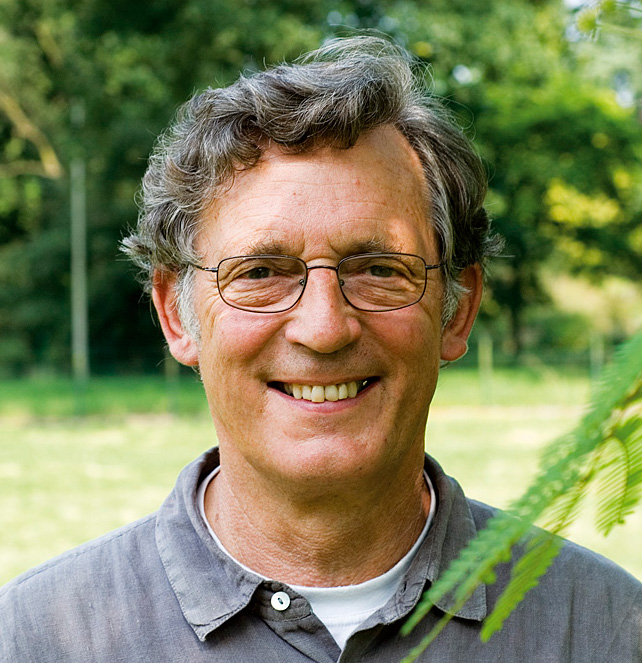
Gatze LETTINGA
Wageningen University and Research Center, the Netherlands
Professor Gatze Lettinga received his PhD degree from Technical University (TU) and Inter- Reactor Institute in 1970. He then began to teach at the Agricultural University at Wageningen (AUW) where he was promoted to Full Professor in Environmental Technology in 1988 and later retired in 2001. At AUW, Professor Lettinga pioneered in 1972 the upflow anaerobic sludge blanket (UASB) process for industrial wastewater treatment; the process has since successfully commercialized with thousands of full-scale installations worldwide. He has received many awards for his contributions to wastewater treatment technologies and resource conservation/recovery, the two latest being the Tyler Prize (2007) and Lee Kuan Yew Water Prize (2009). He has trained 58 PhD graduates from 16 countries, and produced with colleagues over 500 journal papers. After his retirement from AUW, Professor Lettinga served at the board of the Lettinga Associates Foundation till 2004, since then he serves as advisor for a not-for-profit knowledge center that develops and implements sustainable environmental protection technologies.
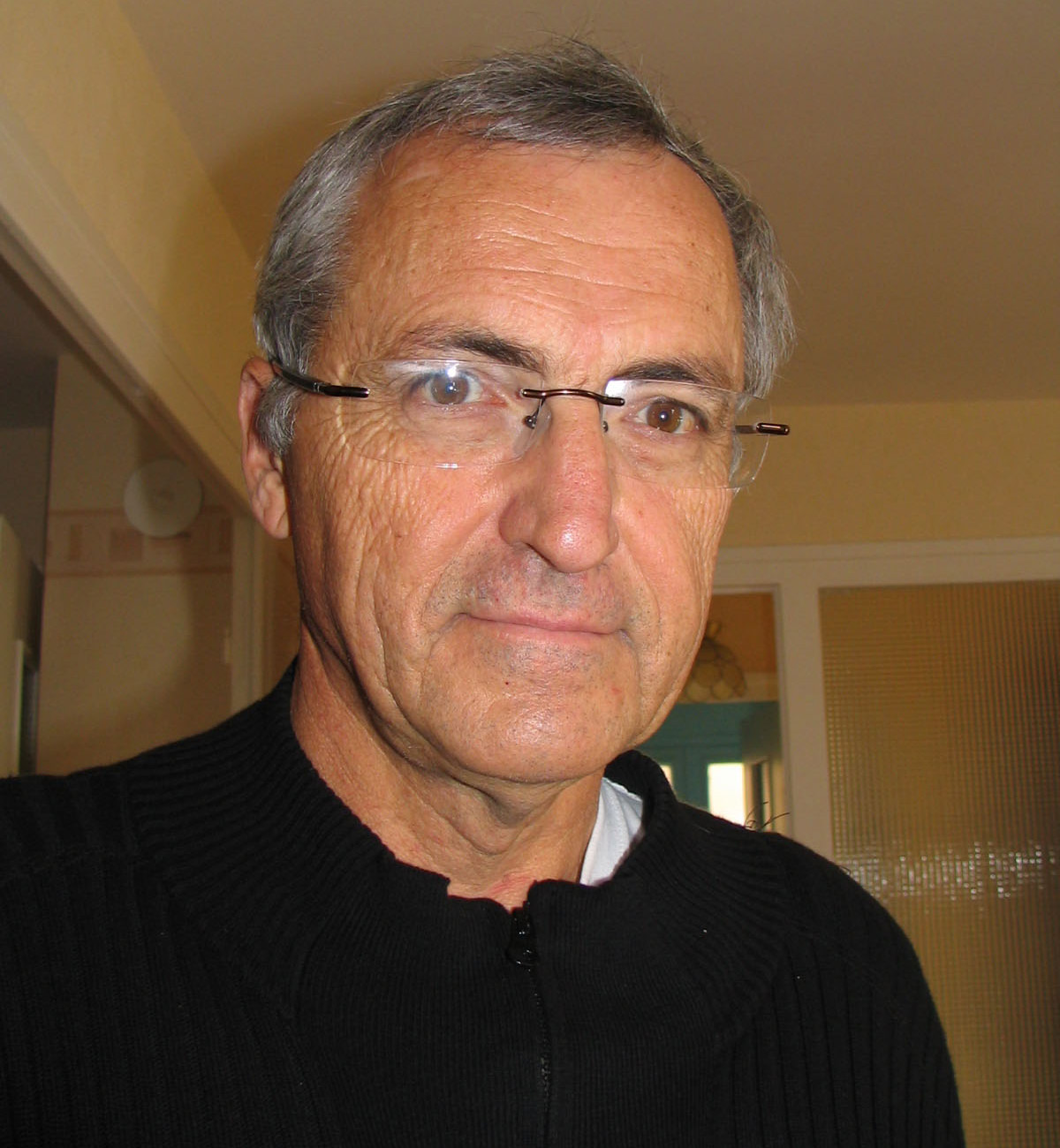
Rene MOLETTA
ESIGEC University de Savoie, France
Rene Moletta, Professor at the ESIGEC University de Savoie, France, is a Biochemical Engineer with a PhD degree 1979)from INSA Toulouse, France. He started research on anaerobic digestion at INRA - Lille in 1980, working on acidogeneisis of solid wastes and modeling of anaerobic digestion. In July 1984 he moved to INRA Narbonne to work on automatic control of anaerobic digestion of industrial wastewater. During 1989-2001, as Director of the Laboratory of Environmental Biotechnology at Narbonne, he developed the laboratory by creating several research teams, including molecular microbiology, process engineering, strain engineering, automation and technology transfer. Since 2004 he is at the Savoie university in Chambéry.
Dr. Moletta is the chairman of the specialist group "Winery Waste Management" and board member of the specialist group "Anaerobic Digestion", both of the IWA. He has published over 200 scientific papers and owned a dozen patents. His present interest is to do technological research for the design of small anaerobic digester.
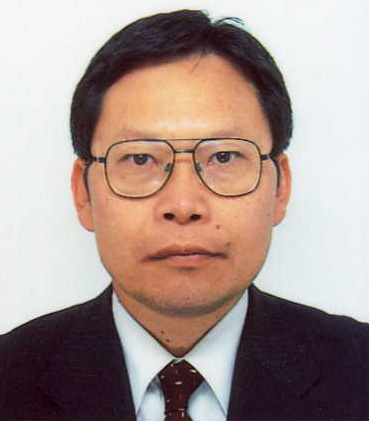
Yu-You LI
Tohoku University , Japan
Dr. Yu-You Li (alias Gyokuyu RI) is an Associate Professor in the Department of Environmental Science at Tohoku University, Japan. He received his BS degree (1982) from Xian University of Architecture & Technology (China), MS degree (1985) from Tianjing University (China), and PhD (1990) from Tohoku University (Japan). Prior to assuming his present position in 2003, Dr. Li had 7 years of engineering experience at the Technical Research Institute, Ataka Construction & Engineering Co. (Osaka, Japan), plus 9 years of academic experience (8 years at Tohoku University and one year at The University of Hong Kong). His research interests include biological wastewater and solid waste treatments, especially the anaerobic biotechnologies. He has published over 120 technical papers. He is currently serving as the Chairman of the Anaerobic Biotechnology Committee in Japan Society on Water Environment, and a visiting Chair Professor at the Tianjin Institute of Urban Construction, China.
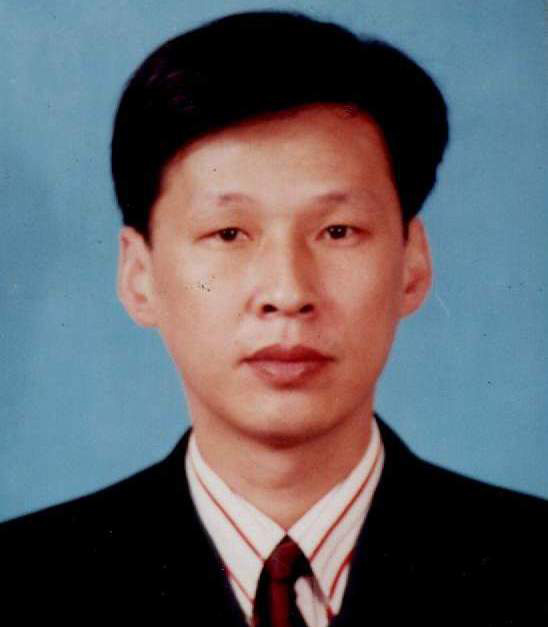
Kaijun WANG
Tsinghua University , China
Wang Kaijun is a Professor of Environmental Engineering at Tsinghua University, China. He received his doctor’s degree from Wageningen University in the Netherlands in 1994. He is currently vice chairman of China Biogas Society, chairman of the Water Pollution Control Professional Committee of China Environmental Protection Industry Association, and a member of the Ministry of Environmental Protection of Science and Technology Committee. In China, he has long engaged in wastewater treatment theory and process research, equipment development, as well as engineering design and demonstration. His contributions include developing a sewage hydrolysis-aerobic treatment process, inventing a modified activated sludge process with internal circulations, and the high-rate anaerobic suspended-bed reactor. Moreover, Professor Wang has led his group to promote the equipment, standardization and industrialization of UASB and EGSB technologies in China. He has played an important role in China's pollution control of high-concentration wastewaters and energy savings.

Sheng-Shung CHENG
National Cheng Kung University , Taiwan
Sheng-Shung Cheng, Professor of Environmental Engineering at the National Cheng Kung University, Taiwan, received his PhD (1984) from Georgia Institute of Technology (USA), MS (1975) from University of Illinois at Urbana-Champaign (USA), and BS (1966) from National Cheng Kung University (Taiwan). His research has been focused on Biological Water & Wastewater Treatment Processes, Bioreactor Design, and Chemical Physical Principles in Environmental Engineering. He has studied Anaerobic Technology for over 35 years, since his postgraduate years in the US. He successfully pioneered the application of anaerobic process to the treatment of petro-chemical wastewaters, and, for his contributions, he has received numerous Distinguished Research Award in Taiwan.
David C. STUCKEY
Imperial College , UK
David Stuckey is currently a Professor in Biochemical Engineering in the Department of Chemical Engineering at Imperial College London. He obtained his Batchelors degree in Chemical Engineering, and a Masters degree in Biochemical Engineering from the University of Melbourne, Australia. He then moved to the U.S. where he did his Ph.D in Environmental Engineering at Stanford in California with Prof Perry McCarty. Prof Stuckey has worked in Australia, the U.S., Norway (at NTH/SINTEF in Trondheim), Switzerland (ETH/EAWAG in Zurich), and the U.K.(Uni of Sussex, and I.C.). His current research interests are: anaerobic wastewater treatment; downstream separations in biotechnology; and biotransformations.
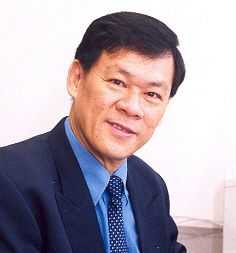
Joo-Hwa TAY
Nanyang Technological University , Singapore
Professor Tay received his PhD degree in environmental Engineering in 1976 from the University of Toronto, Canada. Currently he is a Professor in the School of Civil and Environmental Engineering of Nanyang Technological University, Singapore. He has received four national awards for his outstanding inventions and has filed ten patents. Professor Tay is a member of the Ministry of the Environment and Water Resources’ Advisory committee on Hazardous Substances & Toxic Wastes. He was also a member of the Resource Panel of the Government Parliamentary committee. Professor Tay is the editor of the Journal of Hazardous Materials, International Journal on Performability Engineering and ASCE Journal of Environmental Engineering. His current research interests focus on the hazardous and industrial waste management, membrane technology, cleaner production, waste minimisation, recycling and reuse and biotechnological application on wastewater treatment. He has published more than 500 technical papers on environmental engineering and management.
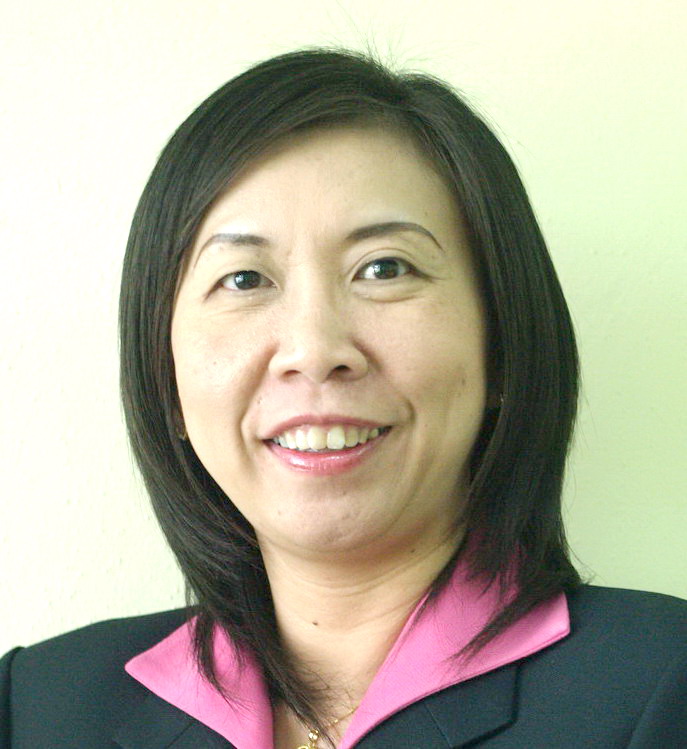
Alissara REUNGSANG
Khon Kaen University , Thailand
Alissara Reungsang is an Associate Professor of Biotechnology in the Faculty of Technology at Khon Kaen University, Thailand. She received her Bachelor degree in Biotechnology from Khon Kaen University in 1989, Master degree in Pharmacy from Mahidol University (Thailand) in 1991, and Ph.D. degree in Water Resources from Iowa State University (USA) in 2000. In 2005, she was a Research Fellow in the Department of Urban Engineering at Tokyo University sponsored by the Hitachi Foundation. Professor Reungsang’s research focuses on the bio-hydrogen production from biomass by anaerobic mixed cultures. She is a principle investigator of the Research Group for Development of Microbial Hydrogen Production Process from Biomass. Her other research focus is on the bioremediation of carbofuran which is the most common pesticides used in the rice field of Thailand.
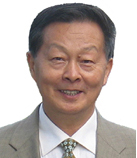
Xu CHENG
Agriculture University of China , China
CHENG Xu is Professor of Agro-ecology and Ecological Engineering and Director of Biomass Engineering Center at China Agricultural University, Beijing. He graduated from Department of Agronomy of Beijing Agricultural University in 1965. During 1976-1986, he led a major research project on agricultural modernization for the Beijing metropolitan area, including exploration of eco-agriculture based on ecological engineering, such as recycling farming based on biogas reactor. He has received a number awards for his achievements during this period, including a National Science and Technology Award. After serving, during 1987-1988, as a Visiting Scholar in the Food and Resource Economics Department at University of Florida, USA, he became the Vice President of Beijing Agricultural University (1991-1994) and, later, Director of Department of Science and Technology, under the Ministry of Agriculture (1995-1998). On 2000, he was the first in China to propose the development of bioenergy, which has now become a new area of tapping industry biogas, especially those from liquid and solid wastes. Professor Cheng has in the last 10 years focused his research on the effective production of methane from high-strength organic wastewater through anaerobic fermentation.
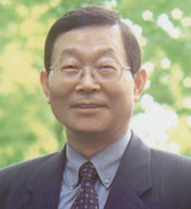
Hang-Sik SHIN
Korea Advanced Institute of Science & Technology , Korea
Hang-Sik Shin is a Professor at the Department of Civil and Environmental Engineering at
Korea Advance Institute of Science and Technology (KAIST), Daejeon, Korea. He graduated Seoul National University in 1971 with BE degree of Civil Engineering. He got his PhD degree in Environmental Engineering from Pennsylvania State University in1982, and has become a professor at KAIST since 1984. He was also a visiting professor at AIT, Thailand, and Hokkaido University, Japan. He is the former President of Korea Society of Environmental Engineers (2002 – 2004) and presently editor of Water Research.
His research areas include anaerobic digestion, biological nutrient removal, water reuse, and membrane bioreactor. He has published more than 100 international journal papers.
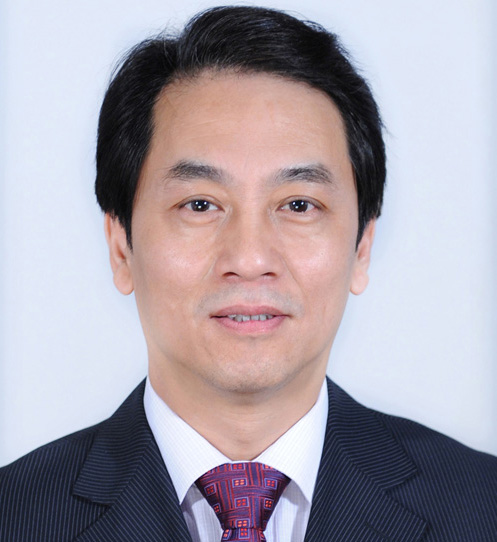
Nanqi REN
Harbin Institute of Technology , China
Professor Nanqi Ren is the Head of State Key Laboratory of Urban Water Resource and Environment, and Vice President of Harbin Institute of Technology. He received his PhD (1994), MS (1984) and BS (1982) degrees all from Harbin Institute of Technology. Professor Ren’s research has been focused on environmental biotechnology, including biological treatment of high strength and recalcitrant organic industrial wastewaters, persistent organic pollutants in water, biohydrogen production, microbial communities in anaerobic treatment systems, novel wastewater treatment technique and equipment, etc. He is the recipient of many awards and honors in China, including the National Distinguished Young Scholars (2001), Leader of National Creative Research Groups (2008), and Chang-Jiang Scholars Professor.
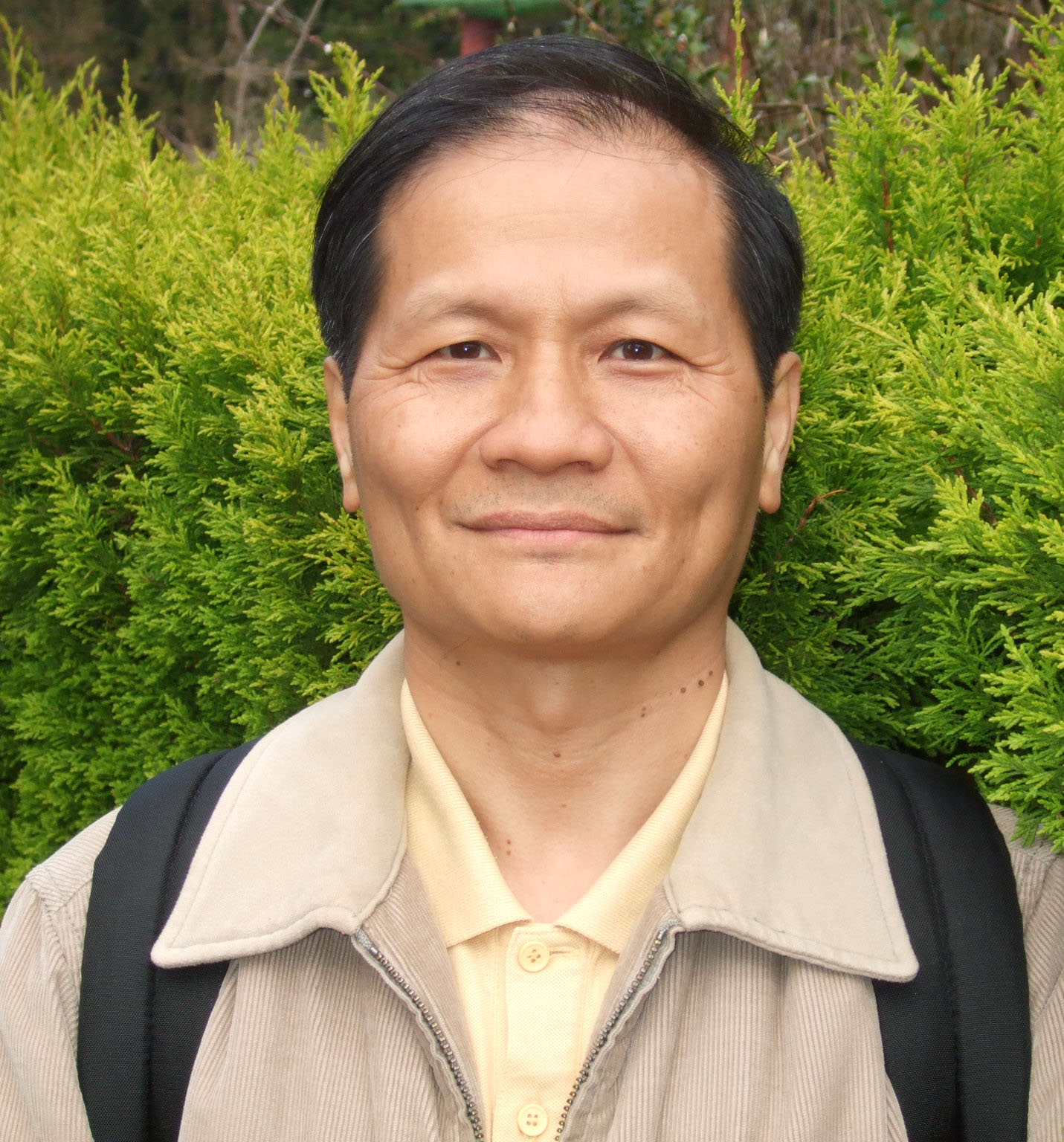
Chiu-Yue LIN
Fengchia University , Taiwan
Professor Chiu-Yue Lin received his PhD from Tohoku University, Japan in 1986. He is the Dean of College of Development and Construction, as well as the Chair Professor of Department of Water Resources Engineering and Department of Environmental Engineering and Science Feng Chia University, Taiwan. Previously, he served as the Dean of Science College, Engineering College and Office of Academic Affairs for the same University. He is also a Guest Professor of Harbin Institute of Technology, China. Dr. Lin’s research interests are water pollution control, biological wastewater treatment, and fermentative hydrogen production. Since 2000 he has led a research team comprising 6 professors and 30 students from 3 universities studying high-rate biohydrogen production with funding supports from the University, National Science Council and Bureau of Energy, Taiwan.
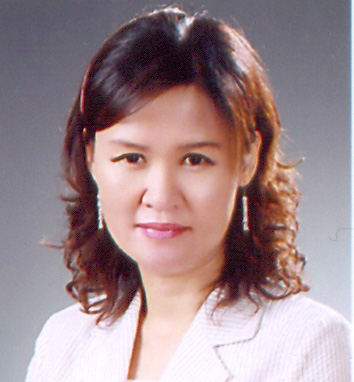
Misun KIM
Korea Institute of Energy Research , Korea
Dr. Mi-Sun Kim received her PhD studying dairy research from College of Agriculture at University of Wisconsin-Madison, USA, and her MS degree from the Department of Food Science, Seoul National University, Korea. She is presently Principal Researcher at the Bio-energy Research Center, Division of New and Renewable Energy at Korea Institute of Energy Research, Korea. Her research interests include: biological hydrogen production from organic wastes using anaerobic- and photo-fermentation; bio-mimetic system development for hydrogen production; and bioelectricity generation and wastewater treatment using a microbial fuel cell. She has won a number of prestigious honors, including the Korean government’s Science and Technology Medal of Merit (2009) and the Woman Scientist of the Year award (2003) from the Korean Ministry of Science and Technology.
Blake A. SIMMONS
US Department of Energy , USA
Dr. Blake A. Simmons obtained his BS in 1997 from University of Washington, and PhD from Tulane University in 2001, both in Chemical Engineering. Blake joined Sandia National Laboratories in 2001 and became Manager of the Energy Systems Department in 2006. In 2007, he was one of the principal co-investigators of the Joint BioEnergy Institute (JBEI, www.jbei.org), a $135M DOE-funded project tasked with the development of next-generation biofuels produced from non-food crops. He is currently serving as the Vice-President of the Deconstruction Division at JBEI, where he leads a team of 42 researchers working on advanced methods of liberating fermentable sugars from lignocellulosic biomass. He also manages 35 staff members for Sandia in Biomass Sciences and Conversion Technologies.
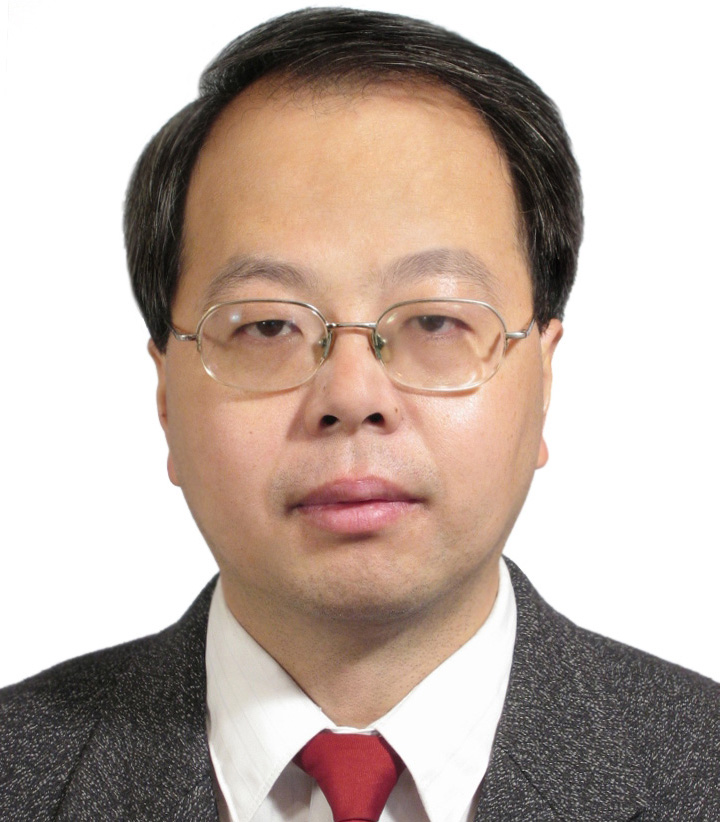
Hanqing YU
University of Science and Technology , China
Han-Qing Yu received his PhD (1994) and MPhil (1989) in Environmental Engineering from Tongji University, and BSc (1986) from Hefei University of Technology. He subsequently spent seven years as a postdoctoral research fellow abroad in UK, Singapore and Hong Kong. Dr Yu joined the University of Science & Technology of China in 2001 to establish the laboratory of environmental engineering. Since then, his group has focused on biological and physicochemical wastewater treatment technologies, especially bio-aggregates in anaerobic and aerobic reactors. Since 2001, Dr Yu has published over 160 papers in international journals. He is currently an editor of Water Research, and serves at the editorial board of several international journals, including Biodegradation, Bioresource Technology, Environmental Technology, International Biodeterioration & Biodegradation, Journal of Hazardous Materials, and Journal of Environmental Sciences.
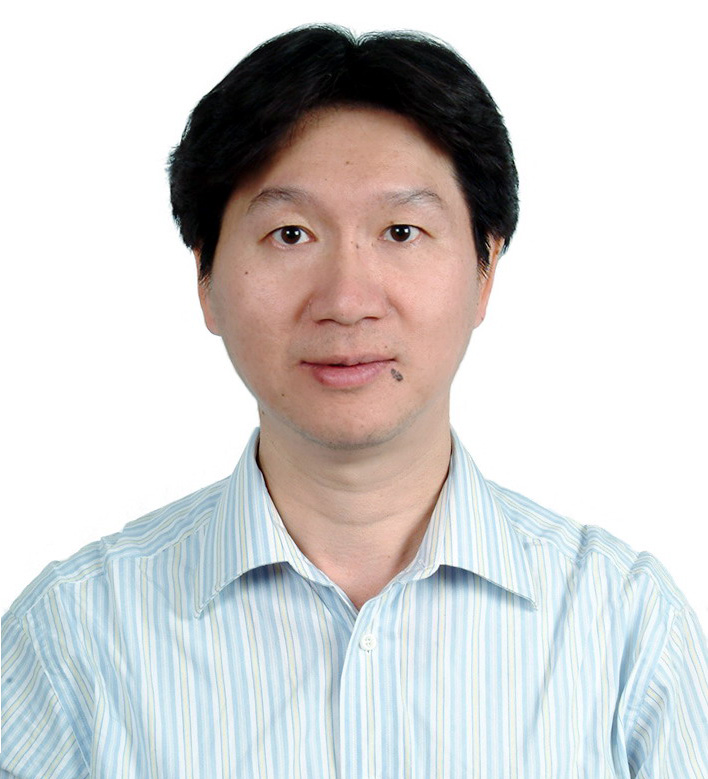
Jo-Shu CHANG
National Cheng Kung University , Taiwan
Professor Jo-Shu Chang joined National Cheng Kung University in 2001, and is now Distinguished Professor in the Department of Chemical Engineering and Deputy Director of the Center for Bioscience and Biotechnology. He received his Ph.D (1993) from University of California, Irvine, and taught at Feng Chia University during 1993-2001. Professor Chang has won a number of academic awards, including the recent Distinguished Research Award by National Science Council of Taiwan. His research interests include cellulosic biofuels, microalgae biorefinery, biohydrogen technology, cellulolytic enzymes development, ethanol/butanol fermentation, biosurfactant, and biodiesel production. He has published about 150 journal papers, 260 conference papers and owned 13 patents. He also serves at the editorial boards of Enzyme and Microbial Technology and Journal of Taiwan Institute of Chemical Engineers, and was the guest editor of a special issue for International Journal of Hydrogen Energy. He plays an important role in Taiwan’s biomass energy R&D and policy making.
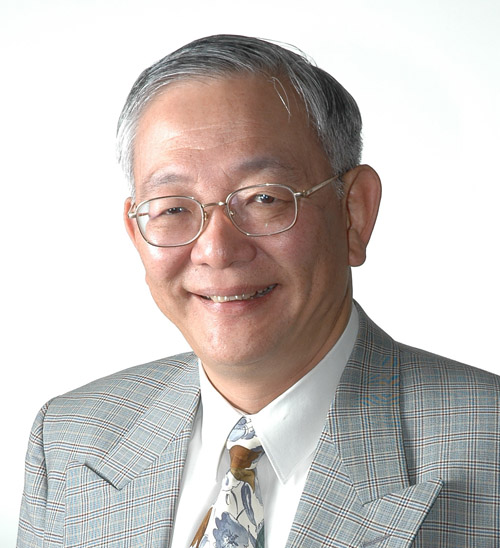
Herbert H. P. FANG
The University of Hong Kong , Hong Kong
Professor Herbert H. P. Fang, Chair of Environmental Engineering at the University of Hong Kong, received his PhD and MSc from University of Rochester, and BSc from National Taiwan University, all in chemical engineering. After three years of post-doctoral research at the University of Illinois, Urbana, he joined an industrial research center in New York in 1975, and became Technical Manager in charge of process development when he left in 1987 for HKU. Professor Fang is an expert in environmental biotechnologies, including anaerobic degradation, nutrient removal, membrane separation, biofilm, bioremediation, etc.. He has established the Environmental Biotechnology Laboratory at HKU, and trained 17 post-doctoral fellows, 12 PhD plus 11 MPhil students. Professor Fang is the recipient of several research awards, including the China’s State Scientific and Technological Progress Award (2008). He is the visiting professor of 11 universities in China and one in Taiwan.
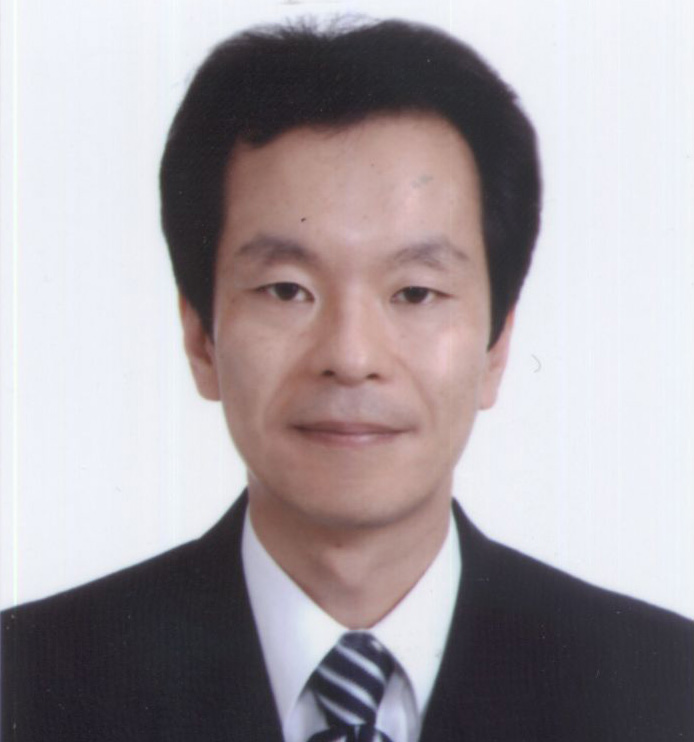
Hidenari YASUI
The University of Kitakyushu , Japan
Hidenari Yasui received his PhD (1998) and BS (1985) from Tohoku University, Japan. Since 2008, he has been Professor of Environmental Engineering at University of Kitakyushu, after working many years at Kurita Water Industries. His research interests are in biological wastewater and sludge treatment (activated sludge and anaerobic digestion), mathematical modelling, various processes for minimization of sludge production, enhanced energy recovery processes from anaerobic system, emerging industrial wastewater treatment technologies, and life cycle assessment for water/wastewater facilities.
Tong ZHANG
The University of Hong Kong , Hong Kong
Dr. Tong Zhang is an Assistant Professor in Environmental Biotechnology in Department of Civil Engineering at the University of Hong Kong, after receiving his PhD degree from the same Department and worked as a Postdoctoral Fellow and Research Assistant Professor. Prior to joining HKU, Dr. Zhang taught 5 years as Lecturer at East China University of Science and Technology in Shanghai after receiving his BS and MS degrees from Nanjing University. Dr. Zhang’s research interests include wastewater engineering, environmental biotechnology and microbiology, emerging pollutants (antibiotics, personal care product and endocrine disrupter), environmental toxicology related to wastewater treatment, environmental bioresources, and sediment/soil remediation. He has published over 60 journal papers and given more than 15 conference presentations.

